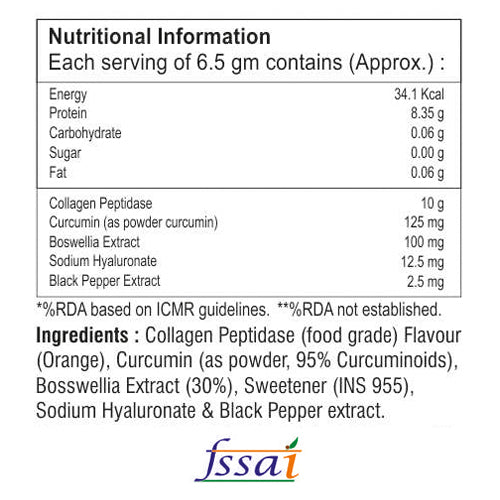
Understanding Amino Acid

What are amino acids?
Amino acids are the building blocks of proteins and are essential for various physiological processes in the human body. There are 20 standard amino acids that are commonly found in proteins. They are categorized into two groups: essential amino acids and non-essential amino acids.
- Essential Amino Acids: These amino acids cannot be synthesized by the body and must be obtained through the diet. The nine essential amino acids are histidine, isoleucine, leucine, lysine, methionine, phenylalanine, threonine, tryptophan, and valine.
- Non-Essential Amino Acids: : The body can synthesize these amino acids, so it is not necessary to obtain them from the diet. The non-essential amino acids include alanine, arginine, asparagine, aspartic acid, cysteine, glutamic acid, glutamine, glycine, proline, serine, and tyrosine
Amino acids serve several critical functions in the body, including:
- Protein Synthesis: Amino acids are the building blocks of proteins, and they play a central role in the synthesis and repair of tissues and enzymes.
- Enzyme Function: Many enzymes are proteins that require specific amino acids to function properly. Enzymes are essential for facilitating various chemical reactions in the body.
- Hormone Production: Some amino acids are involved in the production of hormones, which are chemical messengers that regulate various physiological processes.
- Neurotransmitter Production: Certain amino acids act as precursors for neurotransmitters, which are essential for communication between nerve cells in the brain and nervous system.
- Immune Support: Amino acids are critical for maintaining a healthy immune system and supporting the production of immune cells and antibodies.
Benefits of L-Arginine
L-arginine is a semi-essential amino acid, meaning that while the body can produce it, there are situations where dietary intake becomes crucial for meeting increased demands. Some of the potential benefits of Larginine include:
- Nitric Oxide Production: L-arginine is a precursor for nitric oxide, a molecule that helps dilate blood vessels and improve blood flow. This effect can have positive implications for cardiovascular health, including reducing blood pressure and enhancing circulation.
- Exercise Performance: Some research suggests that L-arginine supplementation may enhance exercise performance and reduce fatigue by improving blood flow to muscles during physical activity.
- Wound Healing: L-arginine is involved in the production of collagen, a protein crucial for wound healing and tissue repair.
- Erectile Dysfunction: L-arginine’s role in improving blood flow has led to its use as a natural remedy for erectile dysfunction (ED). It may help relax blood vessels in the penis, leading to improved erections.
- Immune Function: L-arginine supports immune function by promoting the production of white blood cells and immune response mediators.
It’s important to note that while L-arginine supplementation can be beneficial for some individuals, it may interact with certain medications or have adverse effects in certain health conditions. Before using L-arginine supplements or any other dietary supplement, it is essential to consult with a healthcare professional, especially if you have any underlying health conditions or are taking medications.
In conclusion, amino acids are fundamental to the proper functioning of the human body, and L-arginine, in particular, offers several potential health benefits. A balanced diet that includes a variety of protein sources can provide the necessary amino acids to support overall health and well-being. Always prioritize a wellrounded diet and seek professional advice before considering supplementation with specific amino acids.






































